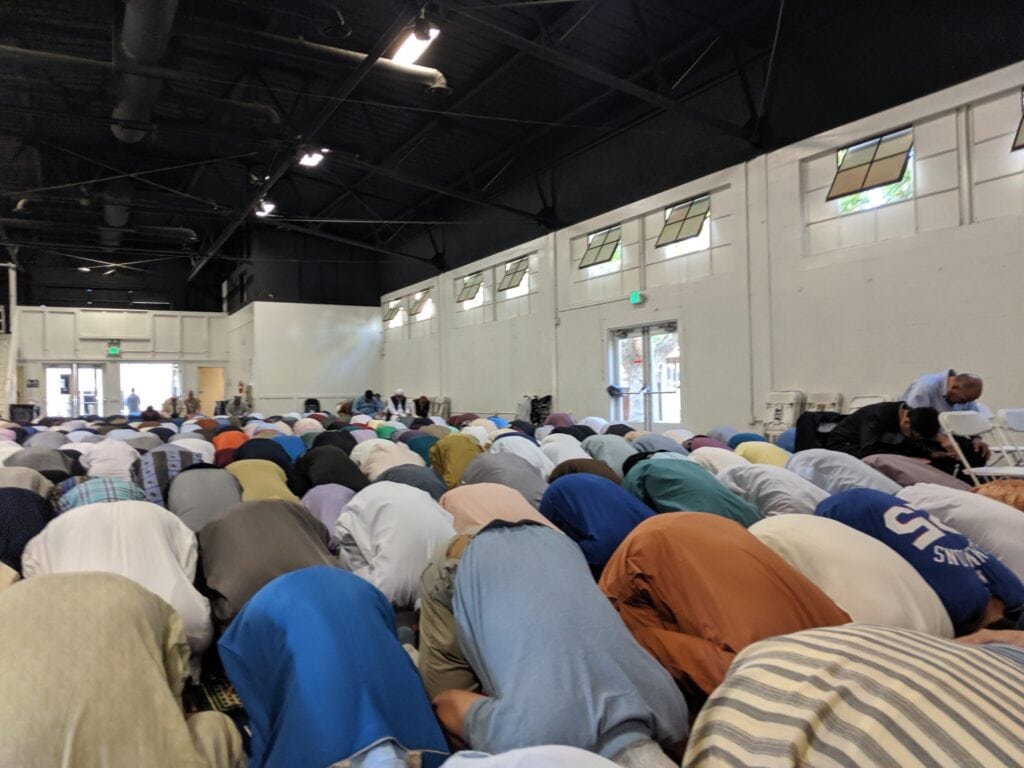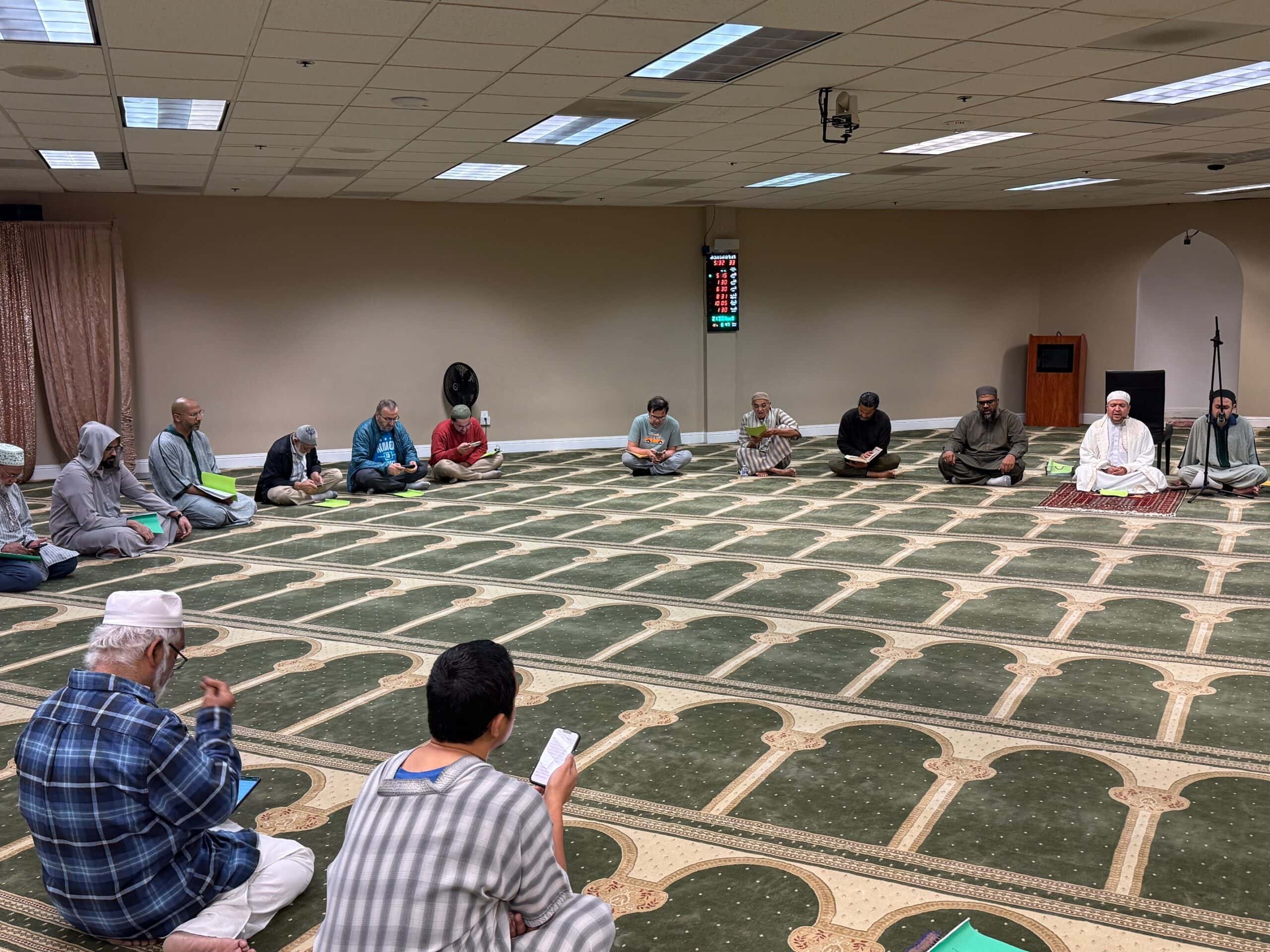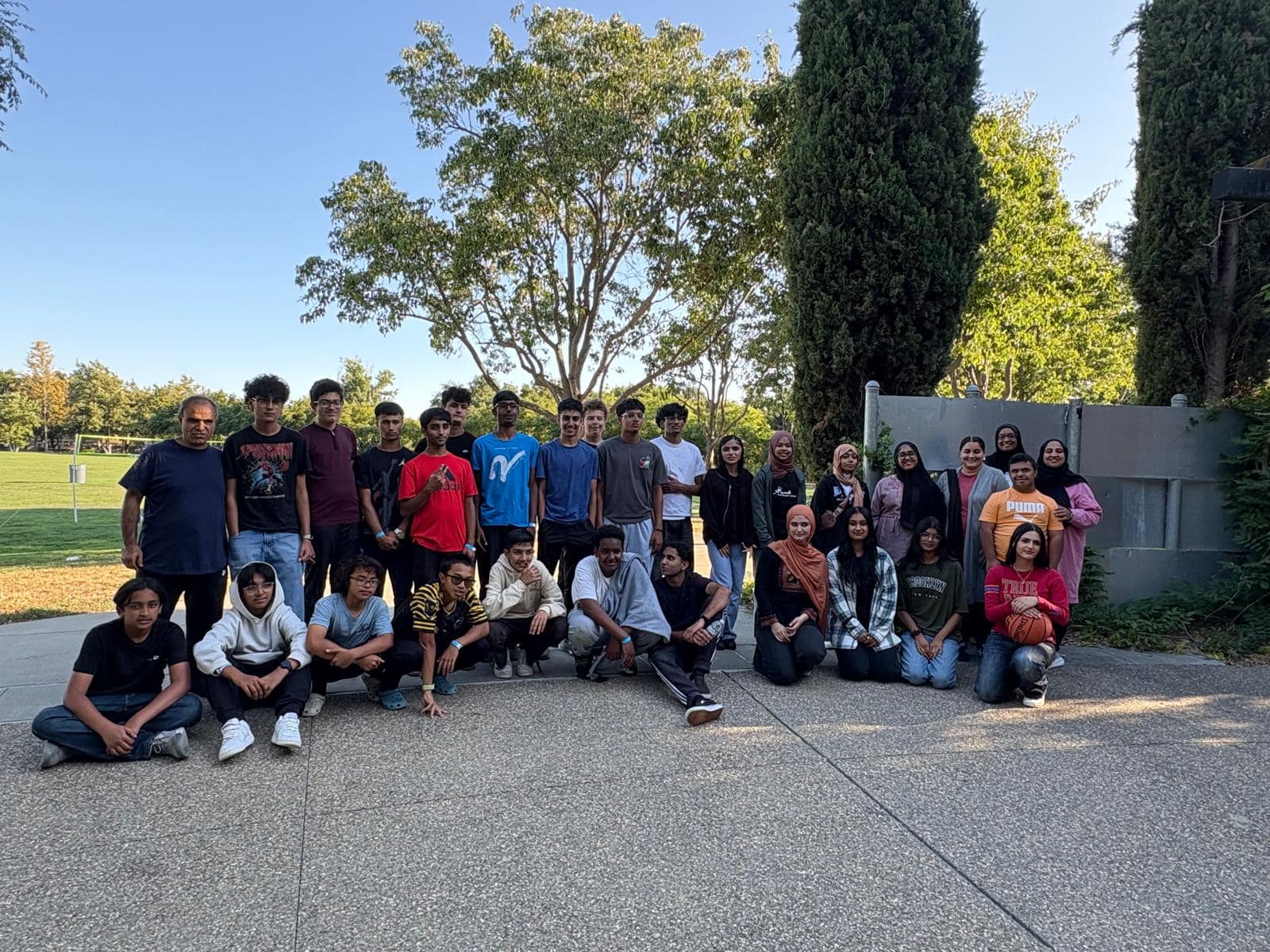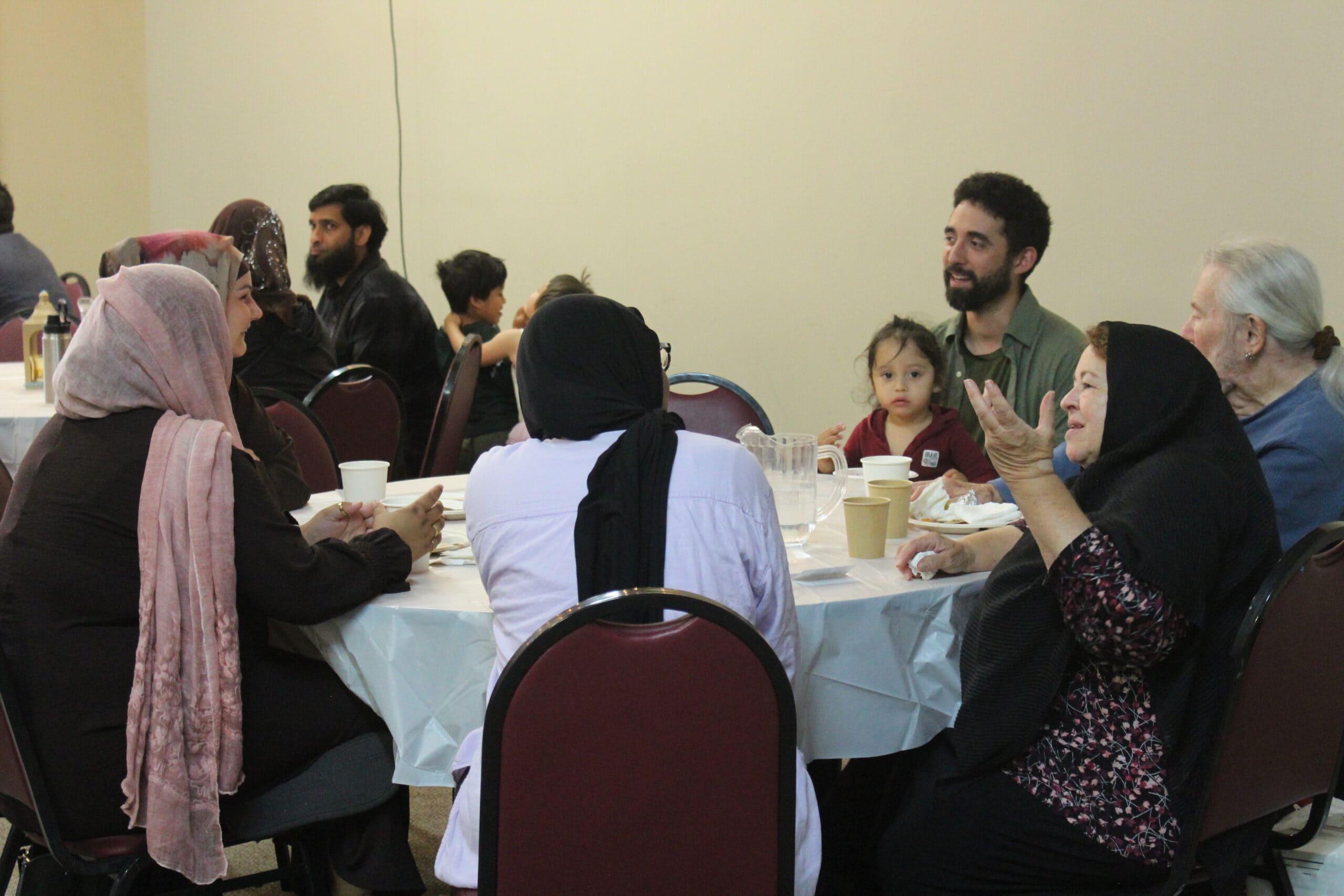This post outlines options for community members wishing to substitute Eid prayers at home during the COVID-19 crisis.
There are a variety of opinions relating to praying Eid ul-Fitr or Eid al-Adha prayer at home. These opinions are based on different schools of thought. We’ve done our best to consult with scholars and research online resources, and have outlined the options below.
Hanafi School (this is the school which MCC follows):
- Traditionally, there are no Eid prayers or Eid Khutbah allowed at home, because the condition of Jumu’ah and Eid prayers are the same. If the conditions of Jumu’ah prayer are not met, neither are they met for Eid.
- If you want to pray, scholars recommend that you pray two rakaats nafl (cycles optional prayer), individually, similar to the mid-morning prayer (Salaat ul Duha) without any extra takbeeraat.
- Given the unusual circumstances we are in, some Hanafi scholars have loosened restrictions and allowed Eid prayers at home; where the congregation of Eid prayer is at least four adult males including the Imam. The khutbah is a sunnah and therefore optional.
Shafi’i School:
- Eid prayer is a sunnah, not compulsory and may be prayed at home by oneself or in a group. To pray at home, you need at least two people to define a group. Eid khutba is permitted in a group of two or more.
Maliki School
- Eid prayer is sunnah mua’akkada, it is not fard. Eid prayers can be conducted at home as an individual or in a group (of two or more eligible people). There is no Eid khutbah given at home.
Hanbali School
- Eid prayer is permitted at home either individually or in congregation.





